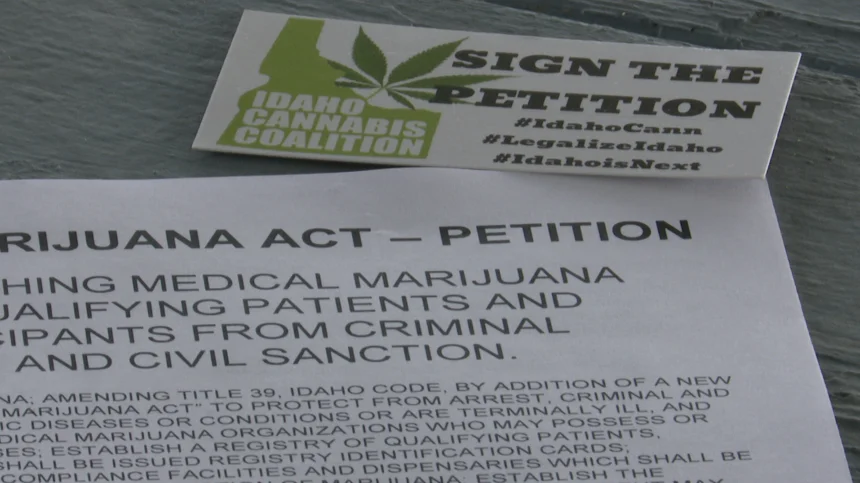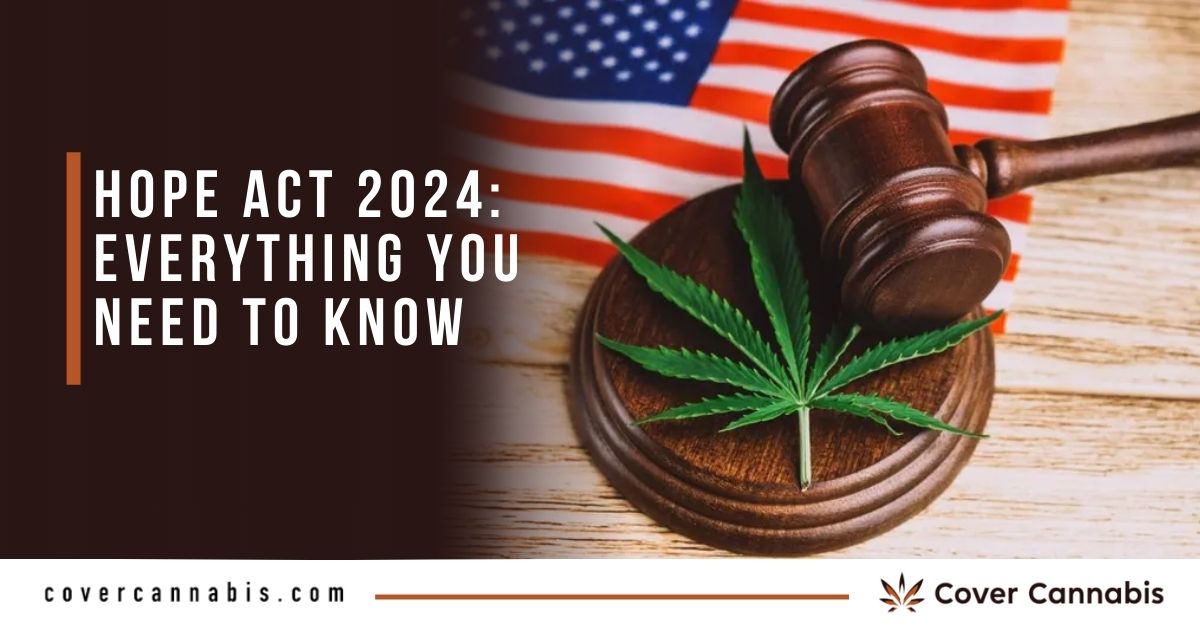Senator Jacky Rosen recently introduced the Harnessing Opportunity by Pursuing Expungement (HOPE) Act. This bill aims to address the impact of past low-level marijuana offenses in states where cannabis has been legalized or decriminalized. Here’s a comprehensive overview of the Marijuana Expungement Bill introduced by Senator Jacky Rosen:
1. The HOPE Act: Helping Expunge and Seal Marijuana Convictions
- Purpose: The Harnessing Opportunity by Pursuing Expungement (HOPE) Act aims to address the lingering effects of past low-level marijuana offenses in states where cannabis has been legalized or decriminalized.
- Federal Grant Program: The bill establishes a new federal grant program to cover the costs of expunging or sealing cannabis-related convictions.
- Funding Usage:
- Record-Keeping Technology: The grant can be used to update record-keeping technology.
- Automation of Expungement Process: It supports automating the expungement process.
- Legal Clinics: Funding assists legal clinics that guide individuals through the expungement process.
- Sealing Records: The grant also covers sealing records of conviction for marijuana offenses.
- Impact on Nevadans: Many Nevadans still bear the consequences of past marijuana offenses, affecting their job prospects, housing applications, and economic contributions.
- Bipartisan Effort: Senator Rosen emphasizes bipartisan collaboration to support commonsense cannabis reform that benefits small businesses in Nevada.
- Support and Acknowledgment:

2. Historical Context and Current Landscape
- Origins of Cannabis Prohibition: Federal cannabis prohibition dates back approximately 90 years in the U.S.
- 1937 Marihuana Tax Act: This act outlawed nonmedical cannabis use and regulated its importation, cultivation, and distribution.
- Controlled Substances Act (CSA): In 1970, President Richard Nixon signed the CSA, classifying cannabis as a Schedule I federally controlled drug.
- Current State:
Senator Rosen’s HOPE Act represents a step toward justice and reform, addressing the harms caused by outdated cannabis criminalization laws. It underscores the need to remove barriers caused by cannabis criminal records and promote sensible cannabis legislation.
How does this bill impact communities disproportionately affected by marijuana convictions?
The Marijuana Expungement Bill, championed by Senator Jacky Rosen, has significant implications for communities disproportionately affected by marijuana convictions. Let’s delve into the details:
1. The HOPE Act: Addressing Historical Injustices
- Purpose: The Harnessing Opportunity by Pursuing Expungement (HOPE) Act aims to rectify the harm caused by the war on drugs, particularly in Black and brown communities.
- Federal Grant Program:
- Social Equity Provisions:
- Nearly all states with legal adult-use cannabis have incorporated “social equity” provisions.
- These provisions include:
- Criminal Record Erasure: Clearing criminal records for certain pot convictions.
- Business Licenses and Financial Aid: Granting cannabis business licenses and financial assistance to those convicted of cannabis crimes.
- Tax Revenues for Impacted Communities: Directing marijuana tax revenues to communities that suffered from the war on drugs.
- Impact on Marginalized Communities:
- The HOPE Act aims to reverse the damage done to Black and brown communities that were over-policed and disproportionately impacted.
- By expunging records, it provides a fresh start for individuals with past marijuana convictions.
- It enhances job prospects, access to public benefits, and housing options for tens of thousands of citizens.
- Success Stories:

Are there any opposition groups to this bill?
there are no specific opposition groups mentioned in the available information. Let’s delve into the details:
- Supportive Voices:
- UNLV Cannabis Policy Institute: This advocacy group appreciates the HOPE Act’s focus on expunging criminal records for low-level cannabis offenses. They recognize the importance of removing barriers caused by outdated cannabis criminalization laws.
- Nevada Cannabis Association: The association strongly supports legislation that addresses the harm caused by low-level cannabis offenses. They commend Senator Rosen’s efforts toward social justice reform and the safe, regulated cannabis industry in Nevada.
- Bipartisan Effort:
- Federal Classification of Cannabis:
- While the federal classification of cannabis remains under review, the HOPE Act provides a practical solution at the state level.
- It allows local and state governments to access federal funds for expunging records related to cannabis conduct now legal under their laws.
In summary, while there is no explicit opposition group mentioned, the HOPE Act aims to address the consequences of past marijuana convictions and promote social justice reform.

What’s next for the HOPE Act?
The Harnessing Opportunity by Pursuing Expungement (HOPE) Act, introduced by Senator Jacky Rosen, has already passed the House on April 1, 2022. Now, let’s explore the next steps for it to become law:
- Senate Review and Approval:
- The bill must proceed to the Senate for review and approval.
- Senators will examine the bill’s provisions, debate its merits, and potentially propose amendments.
- Senate Committee Consideration:
- Senate Floor Vote:
- After committee consideration, the bill will be brought to the Senate floor for a vote.
- Senators will cast their votes in favor or against the bill.
- Conference Committee (if needed):
- If the Senate makes any changes or amendments, a conference committee may be formed.
- Members from both chambers will reconcile differences between the House and Senate versions.
- Presidential Signature:
- Once both the House and Senate agree on the final version, the bill will be sent to the President.
- If the President signs it, the bill becomes law.
- Congressional Review Period:
- Some bills require a 30-day Congressional review before becoming law.
- If there is no intervention during this period, the bill takes effect.
- Implementation:
- Agencies and relevant bodies will implement the provisions outlined in the bill.
- For the HOPE Act, this includes expunging or sealing cannabis convictions.





